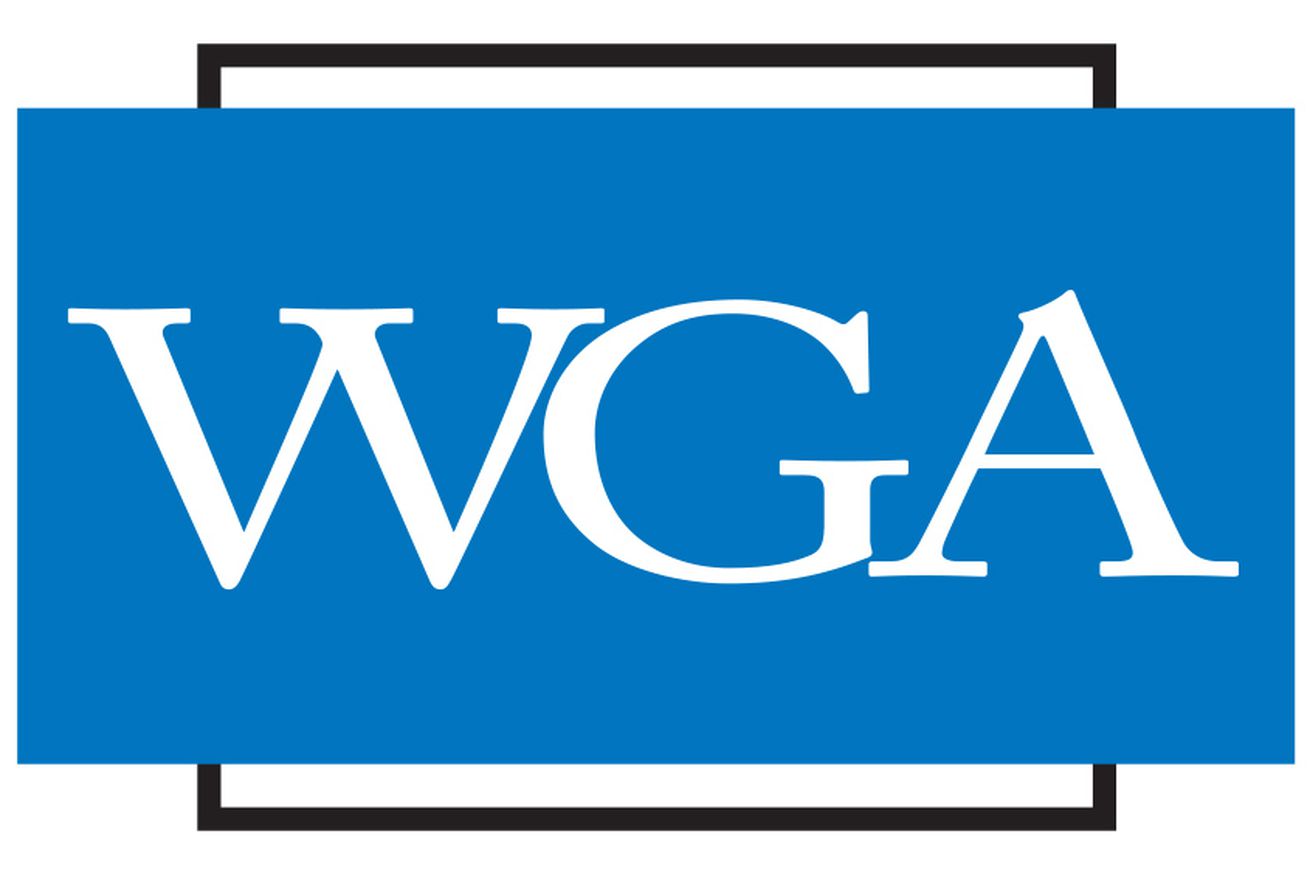
The Writers Guild of America is reportedly open to AI
If you were worried that film and TV were about to become a wasteland of AI-generated dialogue, then know that the Writers Guild of America, East, is in your corner. Earlier today, Variety reported that the WGA had floated a proposal in its contract negotiations with the Alliance of Motion Picture and Television Producers (AMPTP) that would allow writers and studios to use AI tools in limited capacities. This led to much consternation from the writing community, which understandably feels under threat over the rapid adoption of AI as a writing tool.
Notably, as we reported below, the Variety report did not acknowledge whether scripts wholly generated by AI would be allowed. Since then, the WGA has released a statement on Twitter that, while not directly countering Variety’s report, does clarify the union’s stance. “Companies can’t use AI to undermine writers’ working standards including compensation, residuals, separated rights and credits,” the Twitter thread begins.
The thread goes on to clarify that the WGA’s proposal would forbid AI-generated content from being used as source material or to rewrite work covered under the WGA’s agreement with AMPTP. The rationale is that AI-generated content is created by ingesting both copyright-protected content and texts in the public domain.
“It’s important to note that AI software does not create anything. It generates a regurgitation of what it’s fed,” the WGA claims. And if you had any doubts about the WGA’s stance on AI, the thread ends with the statement “plagiarism is a feature of the AI process.”
Our original story on Variety’s initial report is below.
While we’ve already seen the adoption of AI tools go hand in hand with layoffs for writers in other industries, the Writers Guild of America is reportedly ready to embrace the disruptive technology so long as it doesn’t directly impact how creators are credited and paid.
Variety reports that, amid ongoing contract negotiations between the Writers Guild of America (WGA) and the Alliance of Motion Picture and Television Producers (AMPTP), the WGA this week floated a proposal that would welcome scripts created with the help of AI tools. Under the proposal, AI-generated content would not be considered “literary material” or “source material” — two key specifications within the WGA’s minimum basic agreement that partially determine how credit is attributed to a script’s writers and how those writers are subsequently paid for their labor. (Disclosure: The Verge’s editorial staff is represented by the Writers Guild of America East.)
As Variety notes, “literary material” refers to the creations writers come up with on their own, like original screenplays, while “source material” refers to pre-existing work that goes on to be adapted by another creator for a separate project. By ruling out any content generated by an AI tool like ChatGPT as being literary material or source material, the proposal would effectively make it possible for writers to “draft” stories using ChatGPT prompts, fashion those stories into scripts, and then claim sole writing credits for the entire endeavor. Were a studio to get into the business of cranking out AI-generated proto-scripts and then passing those to human creators to punch up, those people could still be considered the project’s original writers. Curiously, the WGA’s proposal reportedly did not account for the possibility of scripts written completely by an AI.
Of course, a proposal is just a proposal, the AMPTP hasn’t committed to anything just yet, and it’s always important to consider where these sorts of leaks might be coming from.
But it feels notable that the WGA’s floating the idea of normalizing AI-sourced content given rising concerns (in some creative circles especially) about the datasets tools like these like are trained on. Were this practice to become commonplace, it’s not hard to imagine disputes about plagiarism and original authorship stemming from the fact that this kind of technology creates things based on other things it’s already seen before. Some might argue that last point can also be said of the human creative process, and it is to a certain extent. But it feels more than fair to say that the WGA’s wading into uncharted territory here that, from a distance, seems like it could get very thorny.
The WGA and AMPTP’s talks regarding the WGA’s contract are scheduled to continue through the next two weeks.
Update March 22, 6:20PM ET: The story and headline have both been updated to reflect the WGAE’s statement.

